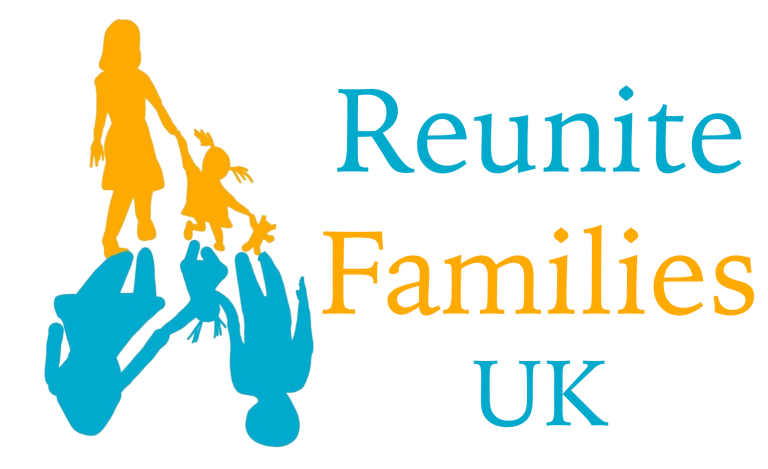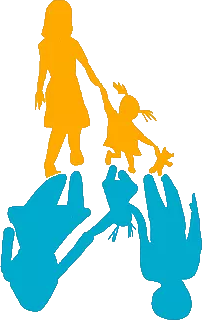‘She will be killed’: Wife of Afghan man who worked for British army denied UK visa (Independent)
‘Hafizullah Husseinkhel, commended by his cavalry regiment for his ‘outstanding’ contribution in Helmand province, says he feels ‘betrayed’ and ‘terrified’ after the Home Office refused his wife’s application to join him in Britain’
This isn’t the first issue that Mr Husseinkhel has had with the UK government – from 2017 :
‘He saved British lives. It’s ridiculous’: Senior soldier condemns plan to deport Afghan man who worked with UK Army (Independent). There was also a change.org petition.
It seems that this earlier issue was resolved but his wife is still in danger.
‘British coastguard officials cut contact with a UK lifeboat as it rescued 86 migrants in the Mediterranean after warning of “political fall-out” if they got “too involved”.’
‘The Aurora, which served the RNLI for 25 years before being sold to a British charity, rescued the migrants including 20 children off the north African coast on 29 May as their fibreglass boat began to sink while they tried to reach Europe from Libya.’
Channel smugglers drop prices and cram more people on to boats (Guardian)
‘People-smugglers have dropped their prices and are cramming more people than ever before into already overloaded, flimsy boats, the Guardian has learned…’
‘… The increased numbers arriving in more overcrowded boats with cheaper crossing prices demonstrate that plans to forcibly remove some asylum seekers who arrive in the UK on small boats are not acting as a deterrent, campaigners say.’
Kurdish Umbrella talks about the changing ‘business practices’ adopted by people smugglers in France in the wake of the Rwanda agreement.
Related: UK Rwanda asylum plan under fire as rising numbers cross Channel (Guardian)
How a Czech woman is helping Ukrainian refugees in Prague get to Britain (Radio Prague)
‘Neela Winkelmann, a Czech woman living in Prague, decided to do something about it, so in cooperation with the city authorities, she set up The British Homes for Ukrainian Refugees Agency. The agency helps those fleeing the war get to the UK by matching Ukrainian refugees in Prague with British hosts via the UK government’s visa program Homes for Ukraine…’
Winkelman says : “… it’s important that we share the burden in Europe. We can’t let the former Communist countries be overwhelmed by the refugee crisis because there are old sentiments, there are old Communist structures still here, pro-Russian structures, and it would only help them if there were a crisis or if there was too much strain on the population – it would only help people who support Putin.”
Afghanistan: How one TV presenter became a refugee (BBC)
”When the Taliban took control of Afghanistan last August, life for many women in the country changed overnight. For one TV presenter, it meant the end of her career, along with her hopes and dreams. Now, almost a year on, she is trying to build a new life as a refugee in the UK.”
Almost 35,000 Britons in limbo as Portugal fails to issue post-Brexit ID cards (Guardian)
‘British nationals living in Portugal are unable to access healthcare, change jobs, or travel in and out of the country as its ministers have not issued them with post-Brexit residency cards, it has emerged…’
‘… Under the UK-EU withdrawal agreement, British citizens in Portugal were guaranteed their social and employment rights would be protected. However, the Portuguese government has yet to provide the biometric residency cards.Instead, a temporary document and QR code has been issued, which Britons say is not recognised locally or at international borders.’
Welcome to the reality of border control…
I sympathise with their plight. I also think of the plight of EU citizens caught up in similar troubles in the UK.
The cost of living crisis is only getting worse :
UK faces long recession and deepest plunge in living standards on record, Bank of England warns (Independent)
Britain warned 15% inflation ‘plausible’ scenario next year (LBC)
Food banks are so normalised that children see them like supermarkets, says researcher (i news) ”The Feeding Britain charity said it was ‘utterly appalling’ that food banks were becoming so normalised in the lives of some children”
Sheffield Council to set up ‘warm banks’ for vulnerable people this winter (Sheffield Star). And they aren’t the only ones – similar reports from Manchester, Scotland, Bristol, Suffolk, and Kent.
Changing the talk about climate (Christian Science Monitor)
Climate migration. Some hopeful research? ‘The World Bank estimates that 140 million people will be displaced by climate change by 2050. That prediction anticipates increasingly severe problems at both ends of migration corridors, like hunger, natural disasters, and overwhelmed cities. But that is not inevitable. In countries like Honduras and El Salvador, for example, simple adaptation strategies like new crop varieties and even seaweed cultivation are enabling more families to decide not to leave.’
Are Syrian refugees in Turkey being used as political pawns? (al-Jazeera)
‘The Turkish lira fell 45 percent last year and inflation hit 80 percent in June – a 24-year high. Citizens are increasingly blaming refugees for taking their jobs and using up precious public resources. Ahead of the 2023 elections, Erdoğan challengers are capitalising on growing anti-refugee sentiment by pledging to relocate Syrians back to their home country en masse.’
‘To deflect criticism of the government’s economic policies, the ruling party has also taken up the refugee question. Erdoğan himself has talked about plans to send at least 1 million refugees back across the border, in “safe zones” that Turkey has spent billions of dollars securing.’
Tuvalu’s beach volleyball team threatened by sands of time (Yahoo News)
‘One of the most striking images from last year’s UN climate summit in Glasgow was a film of Tuvalu foreign minister Simon Kofe standing in the sea.
‘He stood in a suit at a lectern with his trousers rolled up to illustrate the “existential risks” for Tuvalu and other low-lying atoll nations from rising sea levels.’
‘Physical changes to the islands, with a population of around 11,000, have impacted on the training regime of childhood friends Ampex Isaac and Saaga Malosa, who lost their men’s pool game to New Zealand on a drizzly evening in Birmingham.‘
Simon Kofe’s speech from the sea :
Southampton refugee hub desperately needs more space (Southampton Daily Echo)
‘The Cross Culture Hub operates as a welcoming space so asylum seekers and refugees can meet and make new friends.’
‘The group, which was formed following the Covid-19 pandemic, offers free sewing and knitting classes to migrants from Iraq, Afghanistan, Pakistan, Nigeria and elsewhere.’
Local initiatives like this are so very important. Check out the Cross Culture Hub on Facebook.

